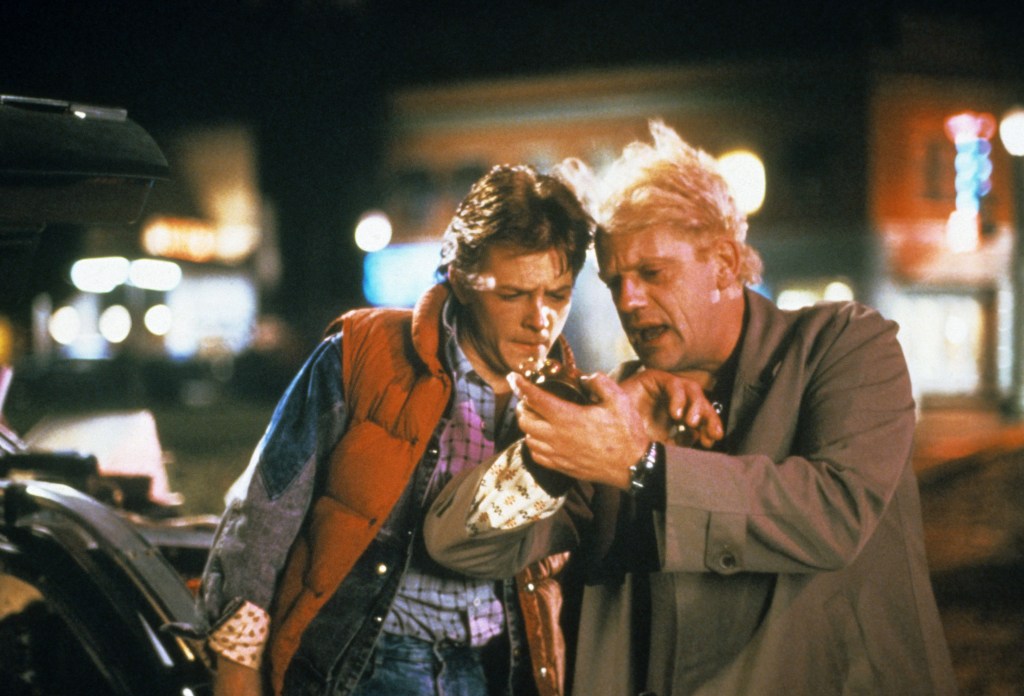‘Cruel’ Parkinson’s will out me eventually
Michael J. Fox made an emotional and rare comment about his Parkinson’s disease on Tuesday.
The 62-year-old “Back to the Future” star spoke on a panel about his foundation for Parkinson’s Disease research alongside businessman Joseph Deitch and the CEO of the nonprofit The Elevate Prize Foundation, Carolina Garcia Jayaram, at the Clinton Global Initiative conference.
“There’s such shame associated with this illness,” Fox told Hillary Clinton, 75, on stage. “It’s so ridiculous, this great need to keep it secret. The cruel thing of it is it’s going to out you eventually.”
The former first lady said that without the actor’s help, “I don’t think this work would have made the progress it has if Michael hadn’t been so open.”

The Post has contacted a rep for Fox for comment.
Fox was diagnosed with Parkinson’s disease in 1991 at the age of 29, but didn’t announce it publicly until 1998. The neurological disorder causes unintended stiffness, shakiness and difficulty with coordination.
He founded the Michael J. Fox Foundation for Parkinson’s Research in 2000.

Fox was honored with the Elevate Prize Catalyst Award on Tuesday, which comes with $250,000 that the actor plans to put toward his foundation.
Earlier this year, Martin Scorsese gave Fox a sweet tribute ahead of receiving the Lifetime Achievement Award at the 2023 Spring Moving Image Awards for his film career and advocacy work.
“Back in the ’80s, it was really an amazing thing to witness how Michael’s career took off. I watched him in those early pictures and I was stunned,” the director said at the time. “Pay attention to the amount of work he’s done since his Parkinson’s diagnosis. He’s become a real guiding light for so many others with Parkinson’s — that includes my wife Helen. Michael, your support has meant the world to her and me.”
Scorsese’s wife, Helen Morris, was diagnosed with Parkinson’s in 1990.
Earlier this year, Fox opened up about his battle in his Apple TV+ documentary, “Still.”
“Some people would view the news of my Parkinson’s as an ending,” he said in a voiceover. “But I was starting to sense it was really a beginning. … Today, I can look at myself and I say, ‘I have Parkinson’s. So, how do I wanna live with that?’ But if I never get past the ‘I have Parkinson’s’ part, if I never get past the part where I wake up in the morning and I go, ‘Yeah, that’s real, that’s happening.’ Then I can’t get past it.”
Read the full article Here


